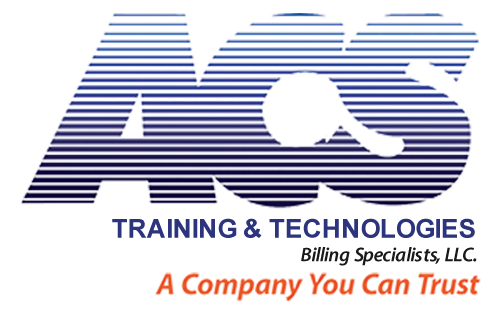
Registration and Intro.
Hospital Information Systems, Clinical Informatics & Hospital Integration
PACS/RIS- Technical Needs, System Requirements, Scalability, Database, Sizing
Systems Management for Imaging Modalities and Data
Communication for PACS/RIS
Standards and Interoperability
Standards and Interoperability
DICOM/HL7 and IHE Exercises
Assessment & Group Discussion
Emerging trends in Healthcare Imaging Technology in context with Integration and Interoperability. Workflow: Dataflow
and Workflow
Advancement in VNA and Enterprise Imaging
Modality Support
An Overview of Diagnostic Imaging and Management Operations
Best Sourcing Techniques to Increase the Procurement Efficiencies (Imaging Informatics (II) which includes
PACS and VNA)
Project Management and Imaging Informatics Systems
Training and Education
Assessment & Group Discussion
CIIP Review Session
Review of Testing Elements: Exam preparation of estimated test content
Mock Examination: Simulation of CIIP examination under expected test conditions
Assessment & Group Discussion
| Course Program | |
|---|---|
| Time | Topic |
| TIMINGS | Day 1 |
| 08:00 to 08:30 | Registration & Introduction |
| Day 1-5 | |
| 08:30 to 10:00 | Session One |
| 10:00 to 10:15 | Morning Break & Networking |
| 10:15 to 12:15 | Session Two |
| 12:15 to 13:15 | Lunch Break & Networking |
| 13:15 to 14:45 | Session Three |
| 14:45 to 15:00 | Evening Break & Networking |
| 15:00 to 16:30 | Session Four |